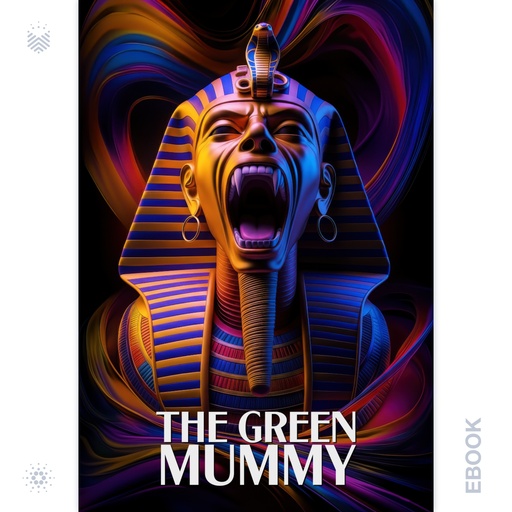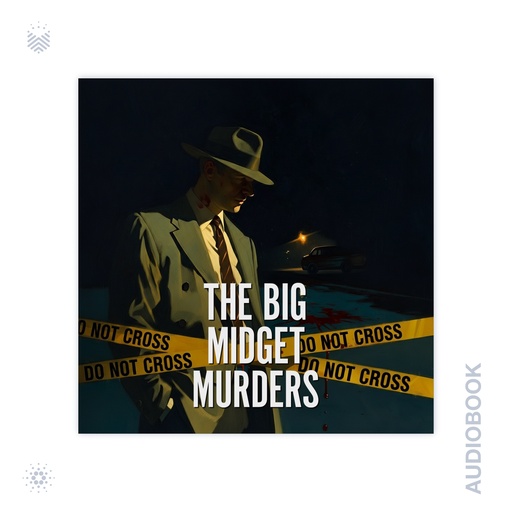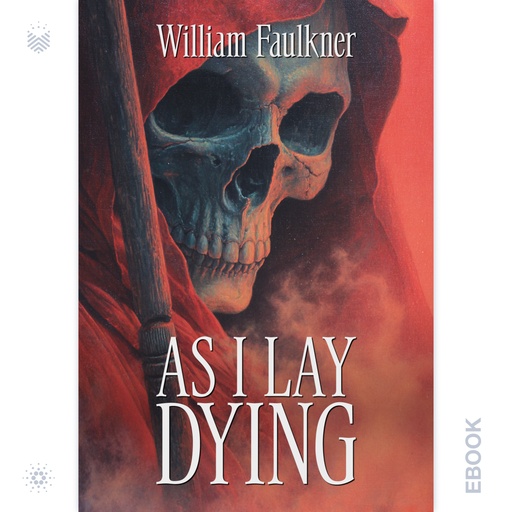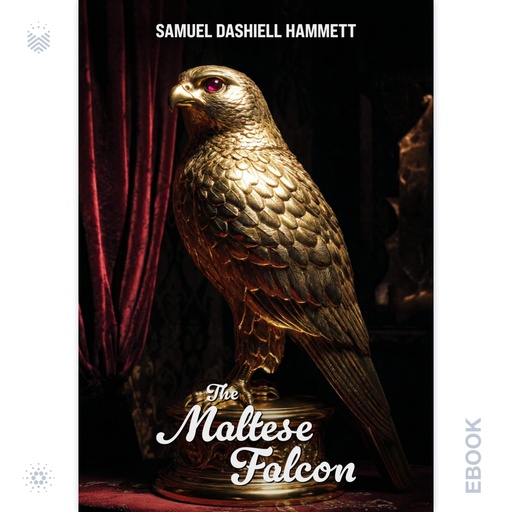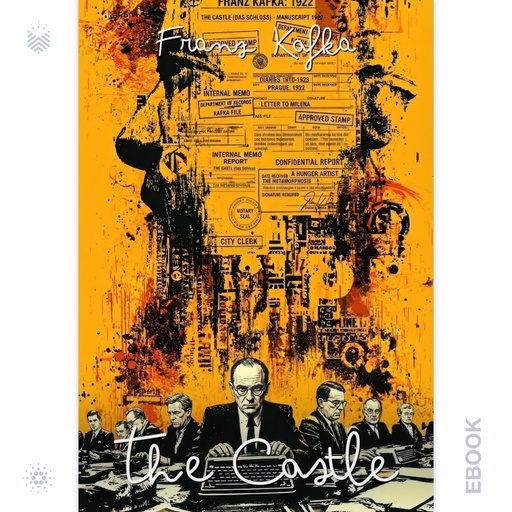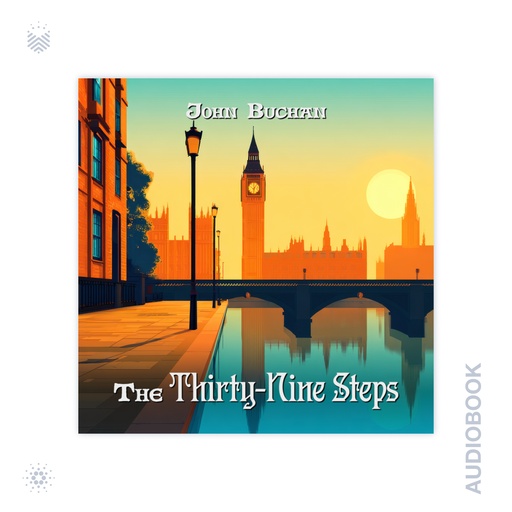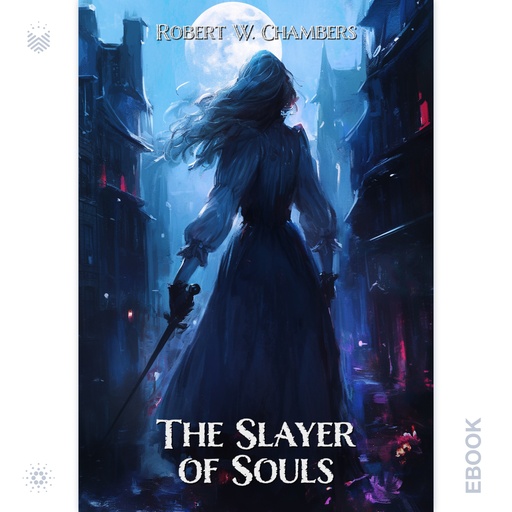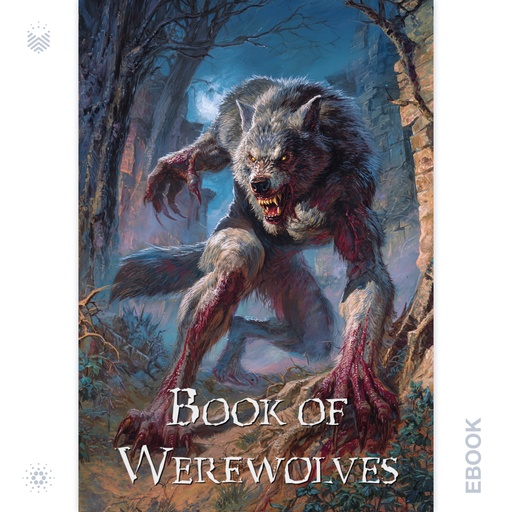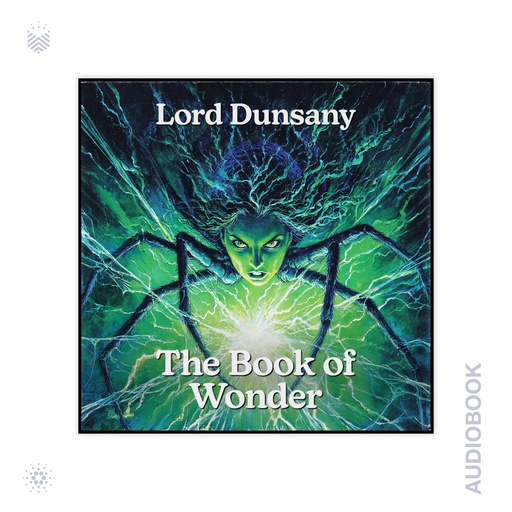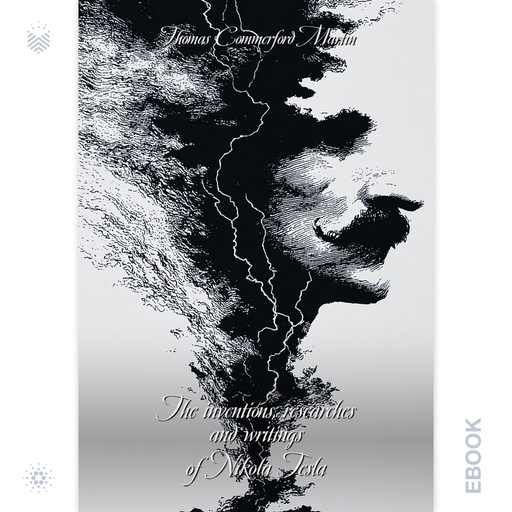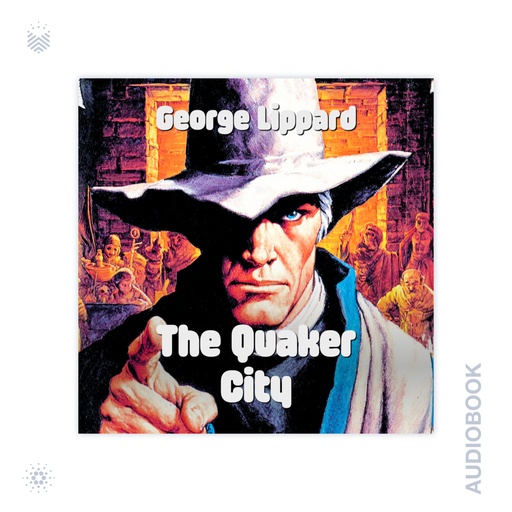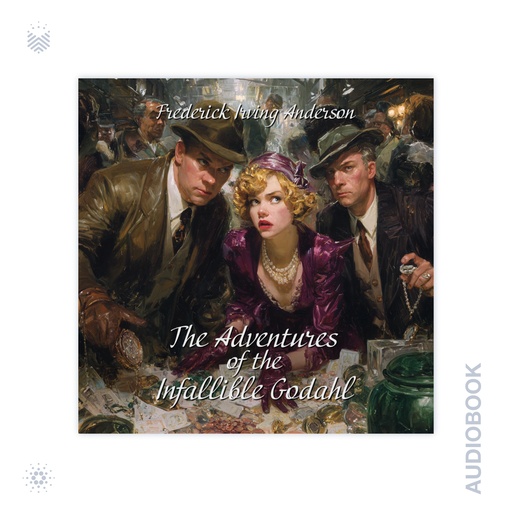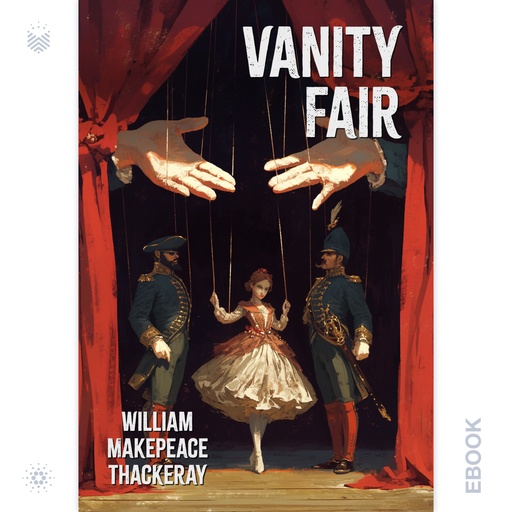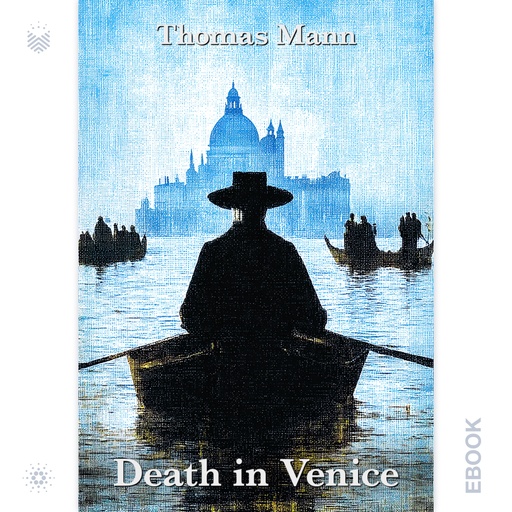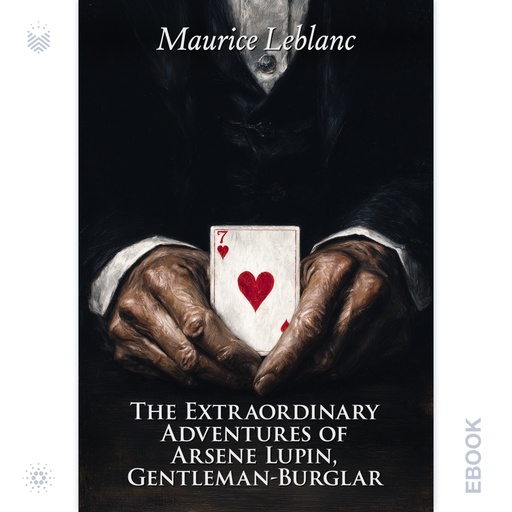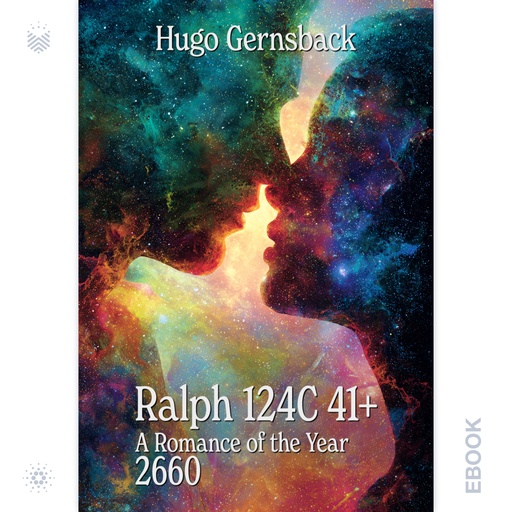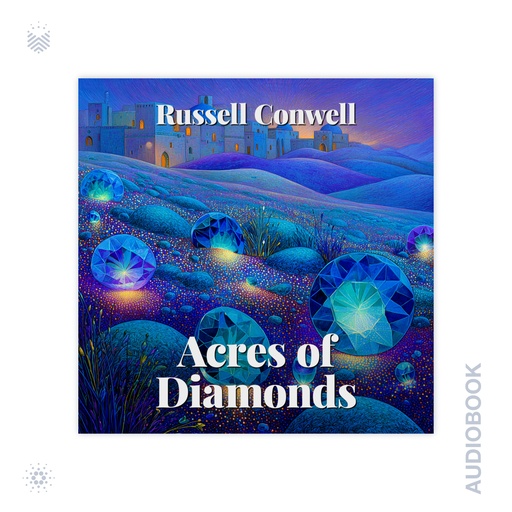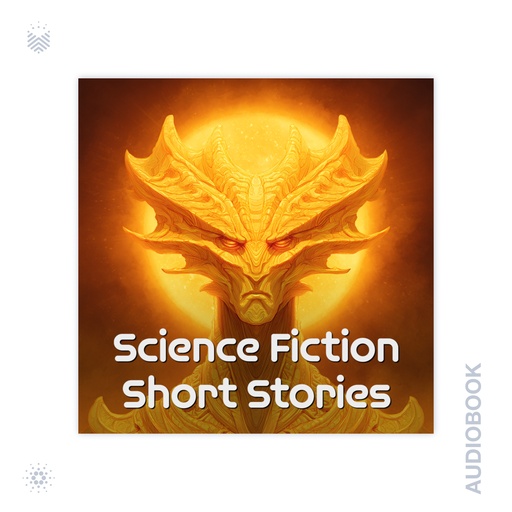by Baroness Emma Orczy
The Scarlet Pimpernel thrusts readers into the terror of Revolutionary France where aristocrats fear the guillotine. A mysterious English nobleman defiantly rescues doomed victims and leaves behind his calling card—a simple red flower called the scarlet pimpernel. That daring hero leads a secret league of supporters and constantly outwits his relentless pursuers, igniting intrigue and adventure at every turn.
… Read More
by Fergus Hume
The Green Mummy plunges readers into a suspense-driven tale of romance, mystery, and crime set in a small English community where a rare Incan mummy triggers obsession, theft, and murder. The plot centers on a young couple determined to marry and the eccentric archaeologist whose fixation on the mummy upends their lives. As hidden motives emerge and secrets unravel, the story drives relentlessly toward justice and resolution.
… Read More
by Craig Rice
The Big Midget Murders delivers sharp wit and chaotic charm through a fast moving mystery packed with eccentric characters and clever twists. Craig Rice drives the story with humor and misdirection rather than solemn detective procedure.
Read More
by William Faulkner
As I Lay Dying opens with urgency and intimacy as William Faulkner plunges readers into a family bound by duty, denial, and relentless motion. The novel announces its intent immediately by refusing comfort, clarity, or a single truth, instead demanding the reader confront grief as lived experience rather than sentiment.
Read More
by Erich Maria Remarque
All Quiet on the Western Front confronts the brutal reality of modern warfare through the eyes of an ordinary young soldier, stripping away patriotic myths to expose the psychological and physical devastation of World War I.
Read More
by Dashiell Hammett
The Maltese Falcon introduces readers to a hard-edged world where greed, deception, and obsession collide, and where intelligence matters more than sentiment. Hammett drops the reader directly into a case that spirals beyond a routine job, forcing his protagonist to navigate lies, violence, and moral ambiguity without illusions about justice or human nature.
Read More
by Franz Kafka
The Castle opens with relentless uncertainty as Franz Kafka drops the reader into a snowbound village ruled by an invisible authority. The novel follows K., a land surveyor who arrives believing he has been summoned, only to collide immediately with opaque rules, endless intermediaries, and a power structure that never clarifies itself. From the first pages, the story asserts control through confusion, forcing both K. and the reader to navigate a system that resists explanation and denies resolu… Read More
by Pansy
New Year’s Tangles and Other Stories presents a rich blend of short tales and reflections that explore beginnings, relationships, and everyday moments tied to the spirit of the New Year. Readers encounter a variety of narratives that mix fictional episodes with observations drawn from life and faith. The book invites thoughtful reflection on hope, challenge, and personal growth around a season of renewal.
… Read More
by Charles Dickens
Some Short Christmas Stories gathers a set of beloved holiday tales by Charles Dickens that evoke the spirit of Christmas through warmth, reflection, nostalgia, and human connection. Dickens invites listeners into scenes around the Christmas tree, childhood memories, family bonds, and the compassion that defines the season. This collection captures festive charm and timeless insight into how Christmas touches hearts of all ages.
… Read More
by Benjamin Sacks
The Story of Chanukah recounts the dramatic origins of the Jewish Festival of Lights through a vivid historical narrative. Benjamin Sacks presents how, under the oppressive rule of Antiochus IV and the ensuing struggle led by Mattathias and his sons—most famously Judas Maccabeus—the Jewish people reclaimed their right to worship freely and restored the desecrated Temple in Jerusalem. This work connects the courageous military struggle and the miracle of the menorah’s oil to the enduring tr… Read More
by James Deetz, Jay Anderson
Partakers of Plenty: A Study of the First Thanksgiving plunges readers into a vivid re-imagining of the Pilgrims’ 1621 harvest festival, peeling away the myth to show how English folk traditions, foodways, and the practical realities of early colonial life shaped this iconic event.
Read More
by John Buchan
In The Thirty‑Nine Steps, author John Buchan launches his rugged hero Richard Hannay into a breathless chase: when a man he just met is murdered in his flat and leaves behind a deadly secret, Hannay finds himself on the run across Britain, accused of that murder and racing to thwart an espionage plot of global dimensions. The narrative thrust rarely lets up, driving the reader from London’s fog to wild Scottish moors and beyond.
… Read More
by Robert W. Chambers
In The Slayer of Souls by Robert W. Chambers the story follows Tressa Norne as she escapes captivity in the East and returns to America determined to reclaim her life while confronting a dangerous occult network that wants to exploit her knowledge.
Read More
by S. Baring-Gould
In Book of WereWolves, Baring‑Gould journeys across centuries and continents to unmask the legend of the werewolf, weaving together ancient myths, medieval trials and folk‑belief into a survey of one of humanity’s darkest superstitions.
Read More
by Lord Dunsany
The Book of Wonder by Lord Dunsany invites readers into a dreamlike world where imagination reigns and reality bends at its edges. Each story unfolds with a sense of enchantment and subtle mischief, blending myth, fantasy, and philosophical reflection. Dunsany crafts vivid worlds that challenge the limits of human wonder, encouraging readers to see magic not as illusion but as a lens to explore truth and possibility.
… Read More
by Thomas Commerford Martin
The Inventions, Researches and Writings of Nikola Tesla by Thomas Commerford Martin presents a remarkable account of Tesla’s pioneering contributions to science and technology. First published in 1894, this book captures Tesla’s revolutionary experiments and visionary ideas at a time when electricity and wireless transmission were transforming the modern world.
Read More
by George Lippard
The Quaker City by George Lippard is one of the most sensational and controversial novels of nineteenth-century America. First released in serial form, it shocked readers with its unflinching portrayal of vice, corruption, and hidden depravity in Philadelphia’s upper classes.
Read More
by Frederick Irving Anderson
Adventures of the Infallible Godahl by Frederick Irving Anderson introduces readers to the brilliant yet mysterious Godahl, a master criminal whose cunning schemes and flawless execution make him one of crime fiction’s most fascinating antiheroes.
Read More
by William Makepeace Thackeray
William Makepeace Thackeray’s Vanity Fair captures the follies, ambitions, and hypocrisies of early 19th-century English society. At its heart is Becky Sharp, a clever, ruthless social climber whose wit and determination drive her through the rigid class structures of her time.
Read More
by Thomas Mann
Thomas Mann’s Death in Venice delivers a haunting exploration of beauty, obsession, and decay. The novella follows the renowned writer Gustav von Aschenbach, whose rigid discipline unravels during a fateful trip to Venice, where he becomes consumed by a forbidden and destructive desire.
Read More
by Maurice Leblanc
The Extraordinary Adventures of Arsène Lupin, Gentleman-Burglar introduces readers to the world’s most charming thief. Written by Maurice Leblanc, the collection of short stories presents Lupin as both a criminal mastermind and a man of wit, daring, and honor. His exploits mix suspense, intrigue, and humor, making him one of literature’s most enduring anti-heroes.
Read More
by Hugo Gernsback
Ralph 124C 41+—A Romance of the Year 2660 introduces readers to a visionary future shaped by science and invention. Written by Hugo Gernsback, the novel imagines a world of advanced technology, daring exploration, and human ingenuity, offering one of the earliest glimpses into what would later become known as science fiction.
Read More
by Russell Conwell
Acres of Diamonds by Russell Conwell delivers an inspiring message about opportunity, wealth, and self-reliance, urging readers to recognize that success and prosperity often lie within their own reach. Based on his famous lecture, the book challenges audiences to look closer at their immediate surroundings and abilities rather than seeking fortune elsewhere.
Read More
by Various Authors
Science Fiction Short Stories offers readers a vivid gateway into the imagination of classic science fiction, with tales that range from thrilling adventures to thoughtful explorations of human nature. This collection captures the wonder, suspense, and creativity that defined the early golden age of speculative storytelling.
Read More


